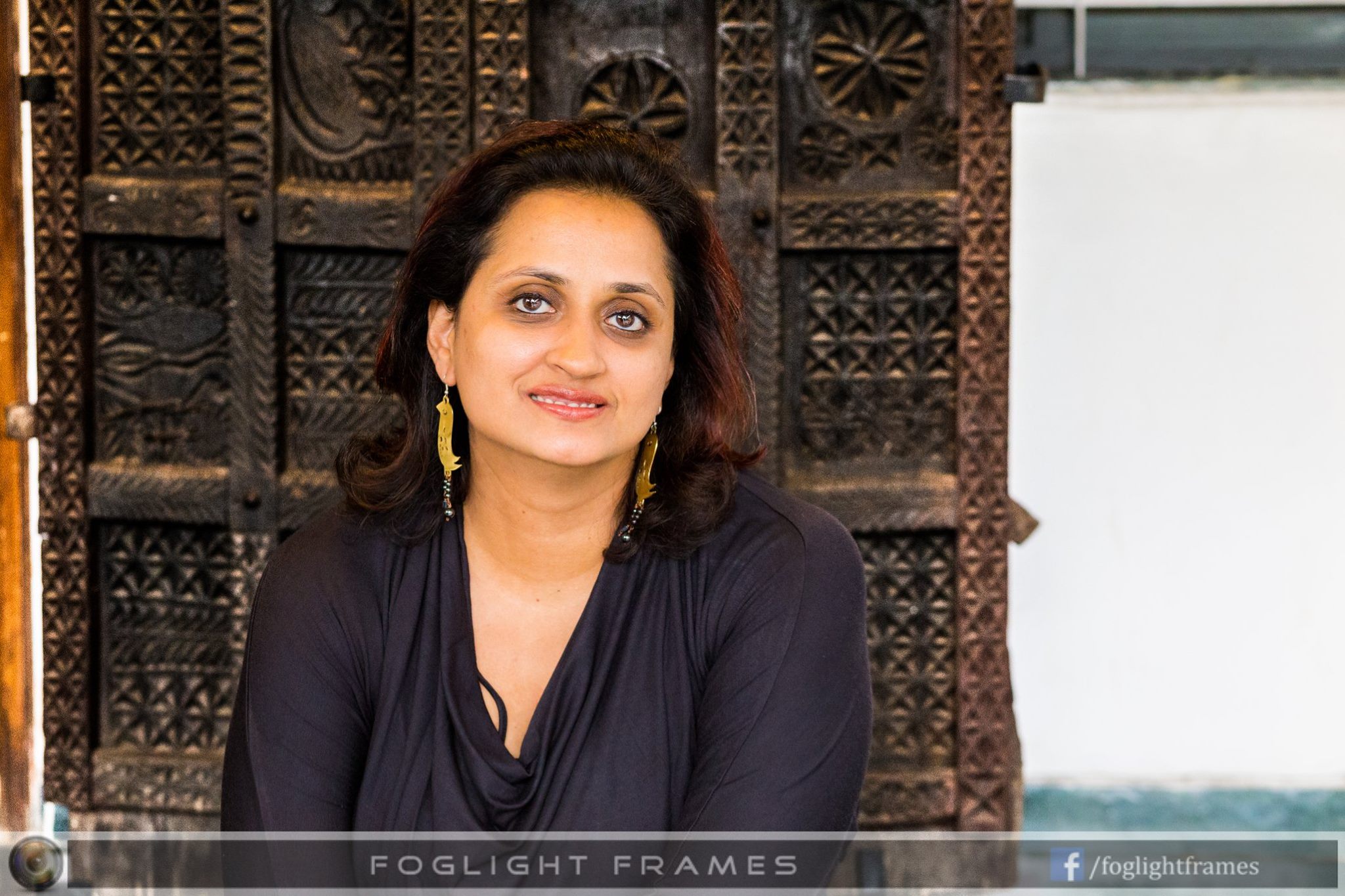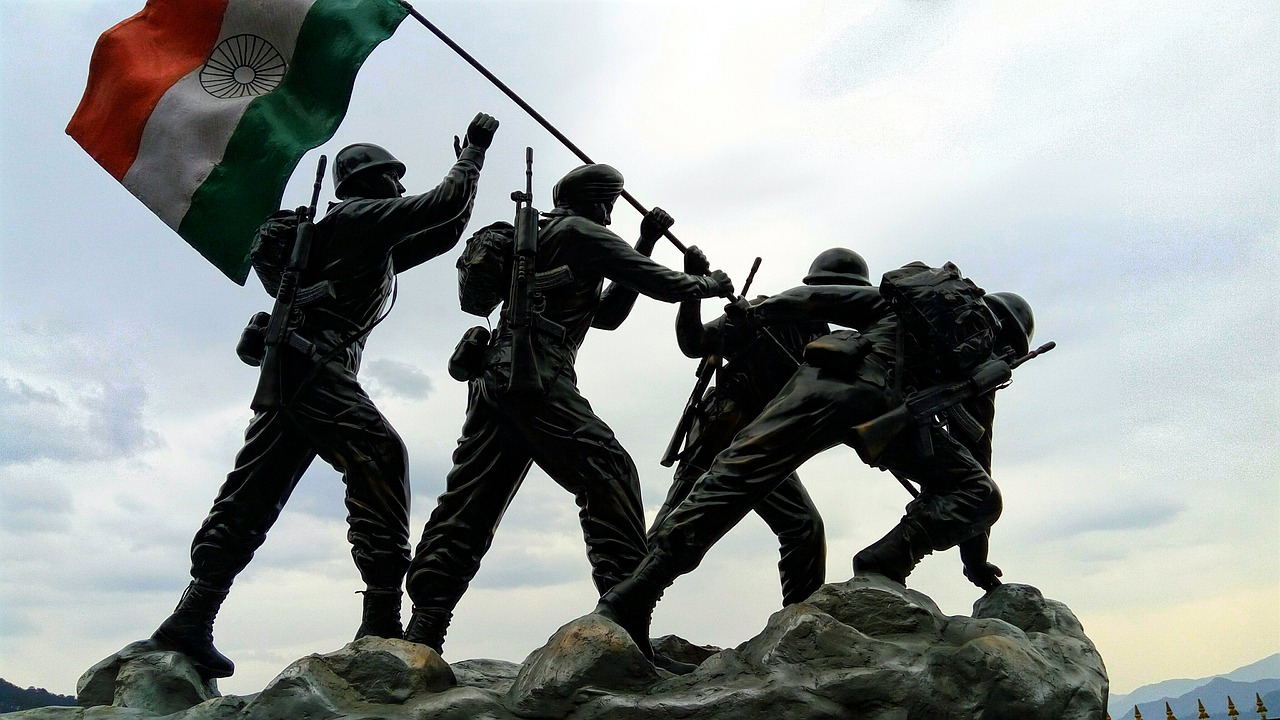We gained freedom, this week, 73 years ago. In spite of living in one of the most volatile regions of the world, and having fought multiple wars and microaggressions at our borders, we don’t really question our freedom, do we?
Like the air we breathe, our freedom is a given. A freedom enabled by the vigilant, diligent work of our brave men and women in uniform—the Indian Armed Forces, specifically, the Army, the Navy and the Air Force. The military culture is distinct, and a life in the services—distinctive. Instead of just celebrating our armed forces with slogans, tweets, and movies, what if we decided to learn a thing or two from our heroes?
My upbringing was far removed from military life, and so I reach out to friends who are ex-military men or children of servicemen. I ask my naval officer friend, “What about civilian life shocks you?” The response is gut wrenching, because it is true. “In the military, we always knew who the enemy was.”
Contrast this with our day-to-day experience—being let down or grievously harmed by somebody we trust, is something most of us have had to face at some point or the other. The ‘enemy’ in often unclear.
The spirit of trust and brotherhood is not incidental in the military. Lives depend on it, so it is a culture that is actively nurtured amongst fellow military men. The lessons start early. In the academy, during training, one mistake, one oversight results in all your course mates getting punished! ‘Your own mistakes, you can live with, but to see others pay a price for your mistakes, that guilt kills you,” my friend tells me.
A visual demonstration of individual action and group consequence—teaches you quickly that you all live and die together—a powerful lesson in having your team’s back.
The honour code is actively taught, drilled into the psyche: The welfare and honour of one’s countrymen comes first, the welfare and honour of one’s unit—the team one commands—comes next, and the welfare and honour of your own self always comes last.
And finally, an ecosystem where these values are lived every day: during war of course, but also during peace. In war, when his life is on the line, the military man doesn’t give up his mates to save his own life. Why? “Ask any military man what he is thinking when in the line of fire? He thinks ,‘What will my mate think of me?’” my friend says.
A military man knows in his bones, that it is better to die honourably than live shamefully. Any injury in the line of duty is worn with pride. “My father took a bullet during the 1971 war that damaged his shoulder,” another friend, Kamini, says. “He shows off his scars with pride to my kids.”
Pride, not regret, not self-pity is how the military man views his scars. What if we could learn to view our ‘scars in the battle of life—failure, sacrifice—with pride as events that have shaped us?
In peace, the honour code translating into things big and small. “When I was 10, my dad made me apologise to a friend for saying I would go to her house to play, but not showing up,” Kamini says. Your word is your honour. You learn to trust by being trustworthy.
Military men are also taught to always be on time. Every single time. Punctuality is another way of being true to your word.
The spirit of brotherhood among unit mates carries into a strong sense of community amongst military families. The unit is one large family—the wife and children of officers away on duty are checked upon and looked after by the unit. There is a sense of oneness, beyond barriers of caste, religion, wealth. All festivals of all religions are celebrated together.
“I only discovered the caste system once I got married, can you believe?” Renu Aunty, family friend and an army child, tells me. “I used to go to the same school as my ‘bhaiyya’s (orderly) daughter. We sat on the same bench, and she was my playmate and best friend for many years,” Kamini says.
Military friendships are deep. “When I entered civilian life as an adult, it shocked me how few people truly have deep meaningful friendships,” she adds.
Pride, Honour, Trust, all built on a solid bedrock of ‘matehood’ forged during times of war and peace. Values imbibed, taught, passed on, and celebrated. We can all say ‘Jai Hind’ to that.
Want to share how you thrive? Write to us at [email protected]


